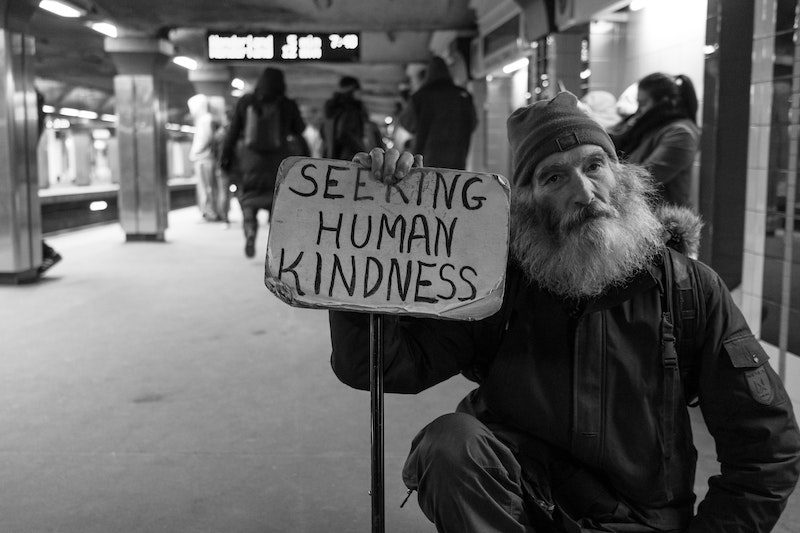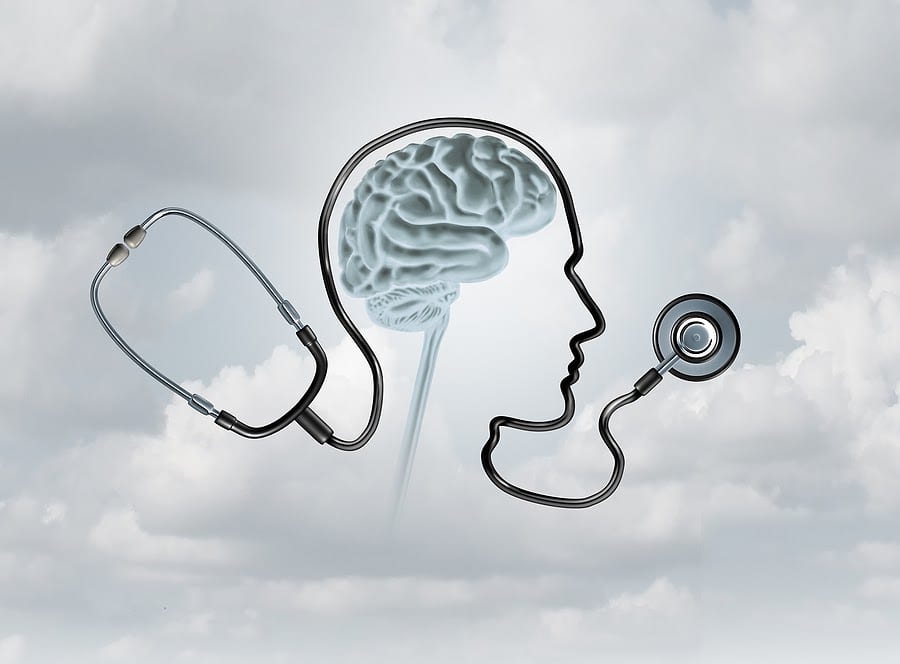Mental health is a critical aspect of overall well-being, yet it remains a topic shrouded in stigma and misunderstanding in many parts of the world, including Africa.
The continent faces unique challenges when it comes to mental health, including limited resources, cultural beliefs, and a lack of awareness. However, there is a growing recognition of the need to address these issues and promote mental health awareness in Africa.
One of the primary barriers to addressing mental health in Africa is the stigma associated with mental illness. Stigma refers to the negative attitudes, beliefs, and stereotypes that surround mental health conditions.

It often leads to discrimination, social exclusion, and a reluctance to seek help. In many African communities, mental health problems are still seen as a sign of weakness or a result of supernatural forces, rather than being recognized as legitimate health concerns.
This stigma has far-reaching consequences. It prevents individuals from seeking timely and appropriate care, exacerbates the suffering of those living with mental health conditions, and hinders efforts to improve mental health services.
It also perpetuates misconceptions and myths, further deepening the divide between mental health and the broader healthcare system.
Poverty and Mental Health Stigma
Poverty is a significant risk factor for mental illness. People in poverty are more likely to experience stressful life events such as unemployment, food insecurity, and housing instability.
They may also have less access to quality healthcare and social support systems. These factors can all contribute to the development of mental health problems.

The stigma associated with mental health can prevent people in poverty from seeking help. They may be afraid of being judged or discriminated against by their family, friends, or community members.
They may also be unaware that mental health problems are treatable. As a result, many people in poverty suffer in silence.
Stigmatizing Myths and Stereotypes about Mental Illness
Many stigmatizing myths and stereotypes about mental illness persist in many African societies. For example, people with mental illness may be seen as dangerous, unpredictable, or untreatable. These myths and stereotypes can lead to discrimination and social exclusion.
One study found that 70% of people in Ethiopia believe that mental illness is caused by witchcraft or evil spirits.

This belief can lead to people with mental illness being ostracized from their communities and denied access to basic services such as healthcare and education.
The Role of the Media in Perpetuating Negative and Inaccurate Portrayals of Mental Illness
The media can play a role in perpetuating negative and inaccurate portrayals of mental illness. For example, movies and TV shows often portray people with mental illness as violent or dangerous. This can reinforce stereotypes and stigmatize people with mental illness.
A study by the World Health Organization found that 90% of mental health portrayals in the media are inaccurate and negative.
:max_bytes(150000):strip_icc()/iStock-161935587-59f2406f0d327a0010fb39f5.jpg)
This can discourage people from seeking help for mental health problems and make it more difficult for people with mental illness to integrate into society.
Combatting Mental Health Stigma in Africa
To combat mental health stigma in Africa, a multi-faceted approach is needed. Here are some key areas that require attention:
Education and Awareness: Promoting mental health literacy is crucial in challenging misconceptions and fostering understanding. Educational campaigns should be developed to raise awareness about mental health, its prevalence, and the importance of seeking help. These campaigns should target not only the general public but also healthcare professionals, policymakers, and community leaders.
- Community Engagement: Engaging communities is vital in breaking down barriers and reducing stigma. Community-based initiatives can include support groups, public forums, and culturally sensitive outreach programs. By involving community members in discussions and activities related to mental health, it becomes possible to challenge stereotypes and promote acceptance.
- Policy and Legislation: Governments need to prioritize mental health by developing comprehensive policies and legislation that protect the rights of individuals with mental health conditions. This includes ensuring access to quality mental health services, integrating mental health into primary healthcare systems, and addressing the social determinants of mental health.
- Training and Capacity Building: Healthcare professionals, including doctors, nurses, and psychologists, should receive training in mental health to enhance their understanding and ability to provide appropriate care. This training should focus not only on clinical skills but also on cultural competence and sensitivity to the unique challenges faced by individuals in Africa.
- Collaboration and Partnerships: Addressing mental health stigma requires collaboration between various stakeholders, including governments, non-governmental organizations, healthcare providers, and community leaders. By working together, it becomes possible to pool resources, share best practices, and implement sustainable solutions.

It is important to note that progress is being made in addressing mental health stigma in Africa. Several organizations and initiatives are actively working towards raising awareness and improving mental health services. However, there is still much work to be done.
By addressing mental health stigma in Africa, we can create a society that is more compassionate, inclusive, and supportive of individuals living with mental health conditions. It is a call for action that requires collective efforts and a commitment to change.
Together, we can make a difference and ensure that mental health is given the attention and support it deserves in Africa and beyond.


